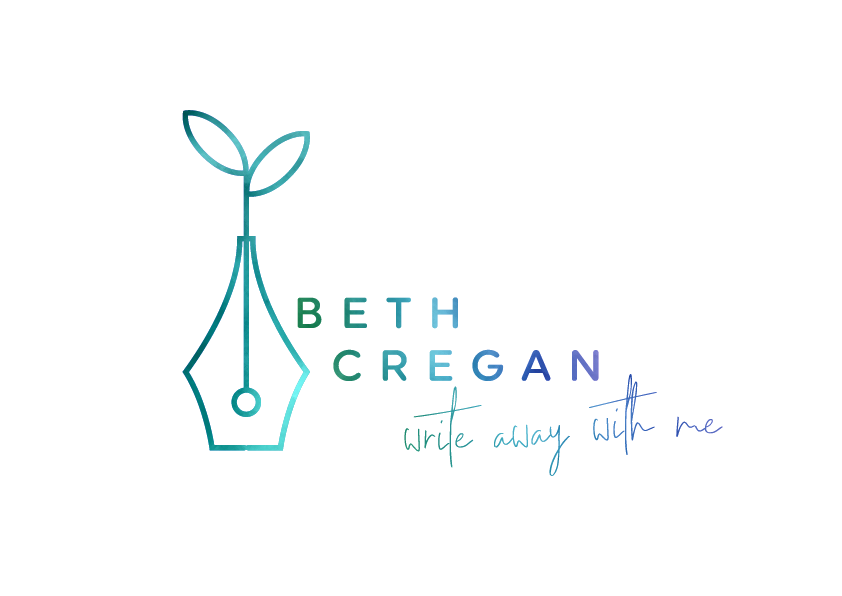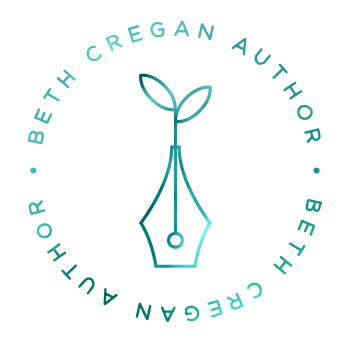The Creative Process
Much of this time in lockdown, I have spent finishing my book. And yes, this is the same book I started in 2017 and signed a publishing deal for in April 2019! In the last two years I have researched, completely restructured, rewritten and edited my original manuscript and as of last Friday, my writing component is finally finished. There will be some further proof reading and editing but the hard slog is over. I have been lucky enough to work with Lauren, a skilled editor at Hawker and Brownlow Education but I’m not going to lie, there have been times when I thought I would never finish this project.
Writing this book has felt very much like walking through a dense forest. I’ve had to learn to trust my intuition and keep moving ahead even when the path is not clear. I've often had to retrace my steps. As one of my oldest friends Noeleen, who is also a writer, said when I called her in tears one day, “Oh darling, writing isn’t for the faint hearted!” But then of course, there have also been moments of joy when an idea lands at exactly the right time, or a metaphor comes to life on the page. I've had exhilarating days when the words spilled out effortlessly and I ran behind, scooping them up onto my page.
Making Mistakes
We don’t speak all that much about the highs and lows of the creative process to young writers, but the truth is that writing is a brave act of creative resilience. To create anything at all, you need to be prepared to make mistakes, sometimes lots of mistakes. You need to be prepared to fail and not take it to heart. You also need to be resilient enough to keep trying regardless. I see lots of inspirational posters in schools and on social media about failing and making mistakes but let’s face it, most of us go to great lengths to avoid failing anything. Someone recently asked me what was the single most important lesson I had learnt from writing a book and without hesitation I replied that for me, writing a book had been a crash course in the art of making peace with failure. When it comes to writing, failing and succeeding are two sides of the same coin and you have to be comfortable with the realities of both of them.
Mindset skills
My father’s favourite saying was 'Patience and perseverance'. Writers need both of these in spades. Over the years it has taken to write this book, I’ve had to learn to be patient with myself. If something is not working, I try to remember it needs more time or I need to try another tact. I now have enough writing experience to know that when I hit a road block, if I stay with it, I’ll eventually find my way across to the other side. I don’t immediately jump to the conclusion that I am hopelessly untalented. I think I once believed that creativity was wrapped up in the outcome, the product, the part that everyone could see and admire. But creativity is much more grass roots than that. It’s caught up in the nitty gritty of process, the tentative beginnings, and messy middles. It’s found in the willingness to keep circling back, trying new things, revising, all the while getting closer and closer to what you want to say.
So as teachers, parents and creatives, I invite you to reflect on your relationship with failure. How do you feel about making mistakes? Reflecting on your experience and feelings about failure is important because your mindset colours the way you teach and live. Let's try to talk more to our young writers about how mistakes and false starts are a normal and necessary part of the creative process. Let's open up the conversation and close down the stigma of failing.








